“Black women have higher rates of many illnesses,
such as hypertension, breast cancer at young ages,
diabetes, stroke, and lupus”.1
Umbrella
What may the Black Women’s Health Umbrella include?
Depending on the Source (DotS) this Umbrella may include:
- Women’s Health
- Women’s Health Conditions
- Women’s Health Diseases
- Women’s Health Issues
Illnesses
What illnesses do black women have higher rates of?
In About the Black Women’s Health Study the (United States) Boston University Sloane Epidemiology Center elaborate on:
“Black women have higher rates of many illnesses, such as hypertension, breast cancer at young ages, diabetes, stroke, and lupus”.2
Heart Disease
Is there an association between Black women and heart disease?
On page 29 in Black Women Vote: National Health Policy Agenda 2020 – 2021: G. Cardiovascular Health the (United States) Black Women’s Health Imperative (BWHI) elaborate on:
High Blood Pressure
Is there an association between Black women and high blood pressure?
In AMA, National Coalition Announce Campaign With ESSENCE To Advocate for Heart Health With Black Women the American Medical Association elaborate on:
Release the Pressure
What is Release the Pressure?
In About the Issue the (United States) Release the Pressure explain:
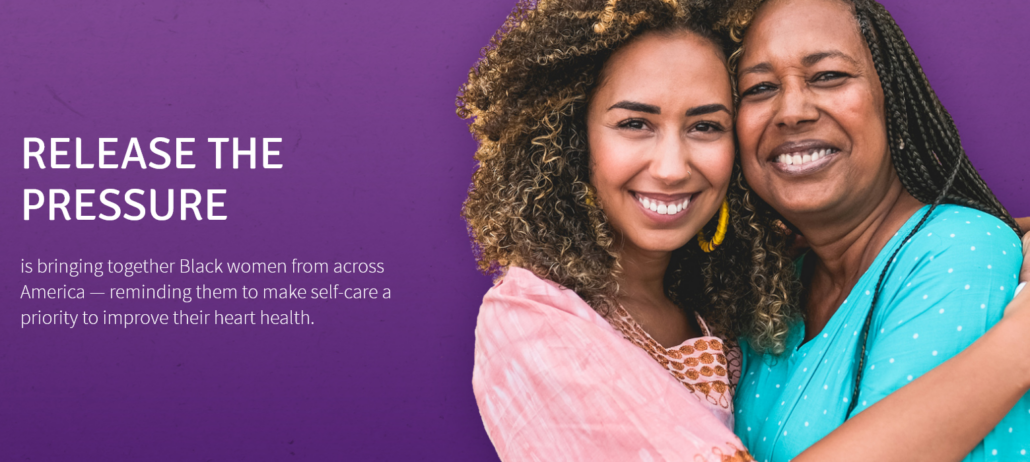 “Our mission is to join Black women in taking preventive action to protect their heart health. We’re encouraging Black women to be a part of a healthy blood pressure movement. And we want you to join us”.5
“Our mission is to join Black women in taking preventive action to protect their heart health. We’re encouraging Black women to be a part of a healthy blood pressure movement. And we want you to join us”.5 Breast Cancer 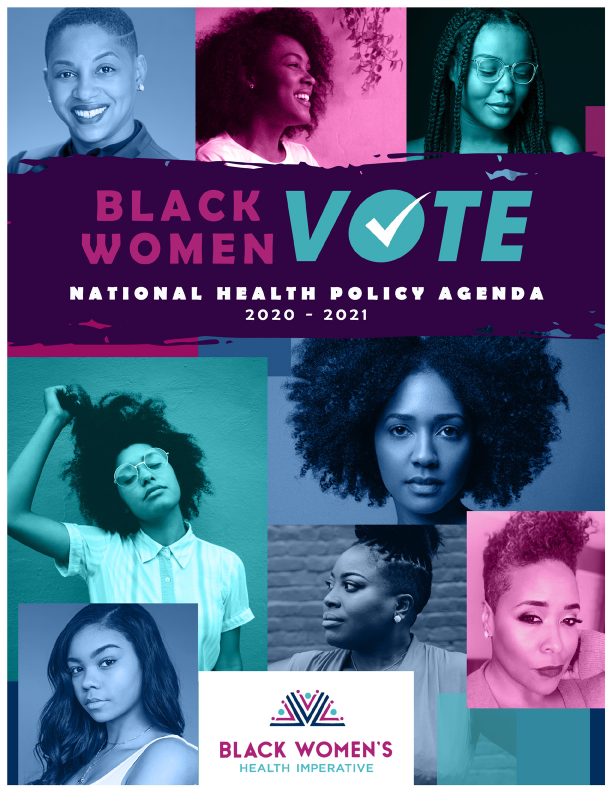
What are some differences between breast cancer and Black women compared to White woman?
On page 25 in Black Women Vote: National Health Policy Agenda 2020 – 2021: E. Reproductive Health, Rights, and Justice – Menopause the BWHI elaborate on:
Diabetes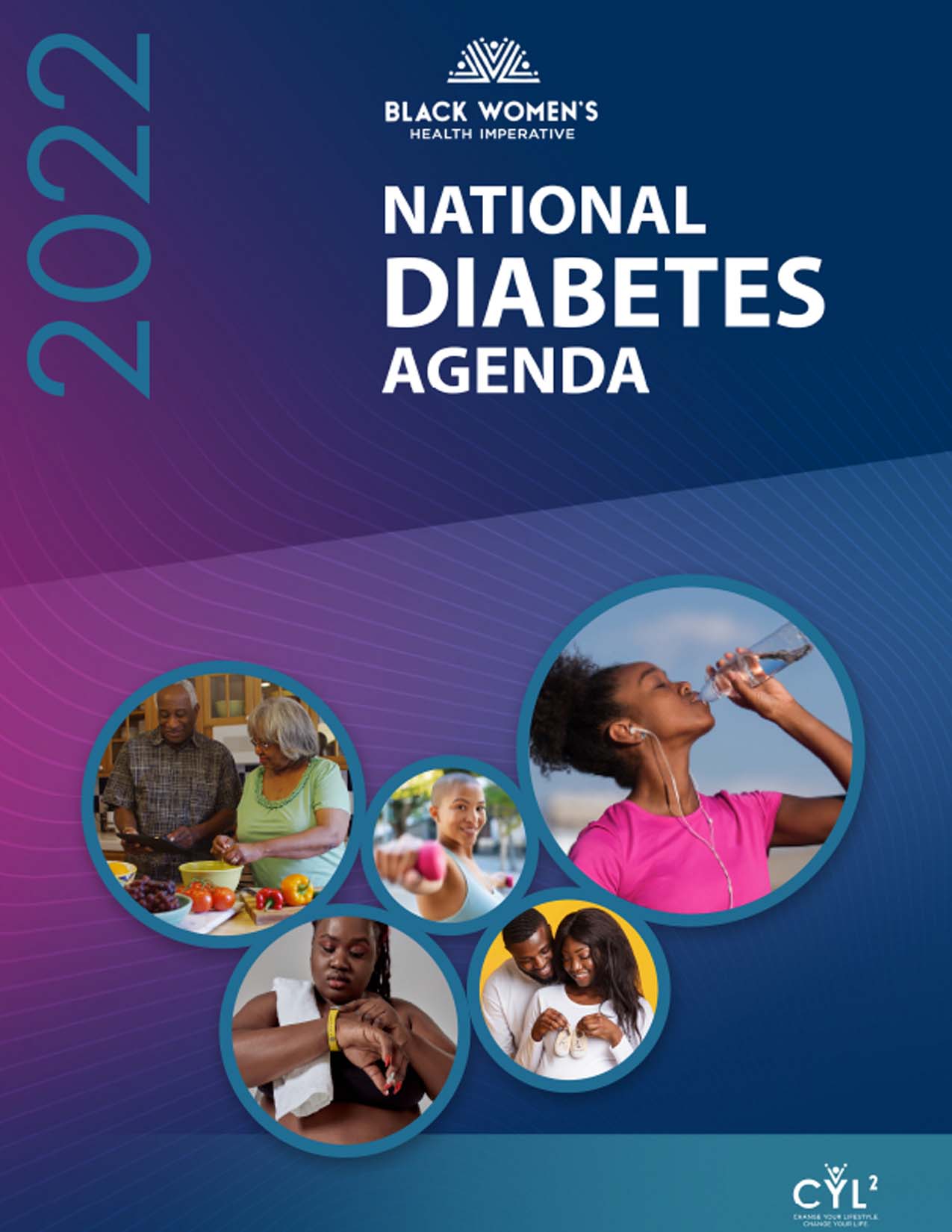
Is there an association between Black women and diabetes?
In Black Women’s Health Imperative Releases 2022 National Diabetes Agenda the BWHI elaborate on:
Fibroids
Is there an association between Black women and fibroids?
On page 19 in Black Women Vote: National Health Policy Agenda 2020 – 2021: E. Reproductive Health, Rights, and Justice Uterine – Fibroids the BWHI elaborate on:
Menopause Age
Is there an association between Black women and menopause age?
In Menopause Is Different for Women of Color the author elaborates on:
 “In the US, the median age for reaching menopause (the point at which a person has gone for 12 consecutive months without a period) is 51. The research in SWAN shows that Black women reach menopause at 49, two years earlier than the national median age”.9
“In the US, the median age for reaching menopause (the point at which a person has gone for 12 consecutive months without a period) is 51. The research in SWAN shows that Black women reach menopause at 49, two years earlier than the national median age”.9 Menopause Symptoms 
Is there an association between Black women and menopause symptoms?
On page 22 in Black Women Vote: National Health Policy Agenda 2020 – 2021: E. Reproductive Health, Rights, and Justice – Menopause the BWHI elaborate on:
Health Care Provider
Even if I feel fine, do I still need to see my health care provider regularly?
Even if you feel fine, it may be in your best interest to choose to see your health care provider regularly. In Health Screenings for Women Ages 40 To 64: Information the (United States) MedlinePlus elaborate on:
Health Topics A-Z
Where may I find Health Topics A-Z related to Black Women’s Health?
In Health Topics A-Z you may find:
Links
Where may I find Links related to Black Women’s Health?
Your Country may have Links similar to:
Links
This Links List to third party websites is neither comprehensive nor exhaustive. Inclusion on this Links List does not imply endorsement or recommendation. Non-inclusion on this Links List does not imply non-endorsement or non-recommendation. Third party websites are not under the control of Meno Martha International Menopause Directory. Third party websites may contain explicit medical images and/or sexual references. Please read Meno Martha International Menopause Directory’s Links Policy before proceeding to a Link. Please contact Webmaster if you experience a problem with a Link.New or Updated
- Black Women’s Health Imperative Anniversary Week, 23-29 September 2024
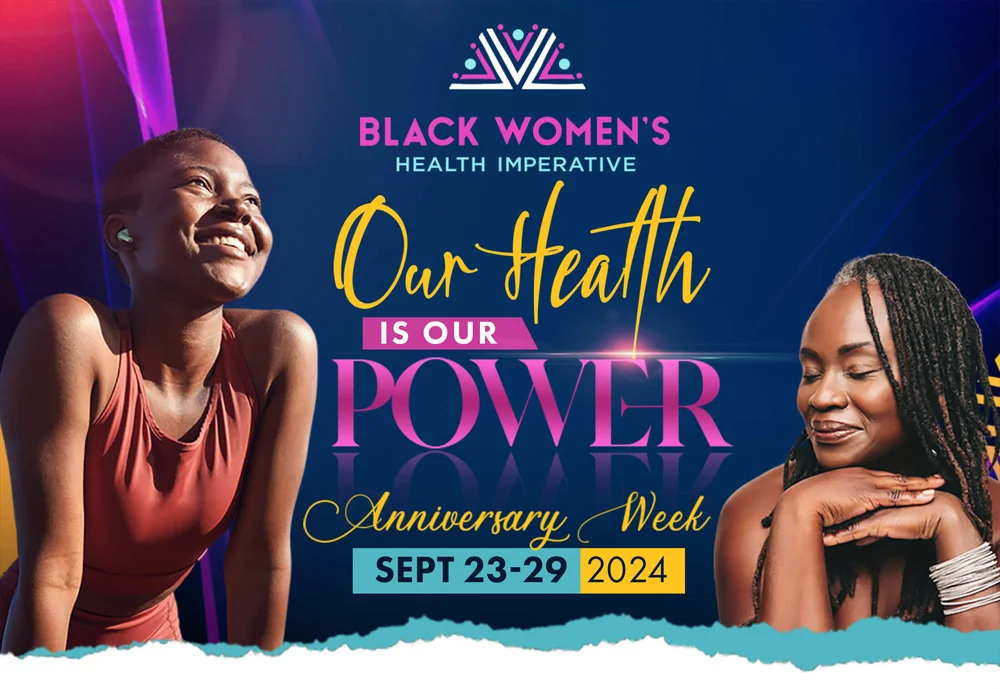
- Black Women’s Health Imperative Anniversary Week, 23-29 September 2024: Power In the Pause [29 September 2024]
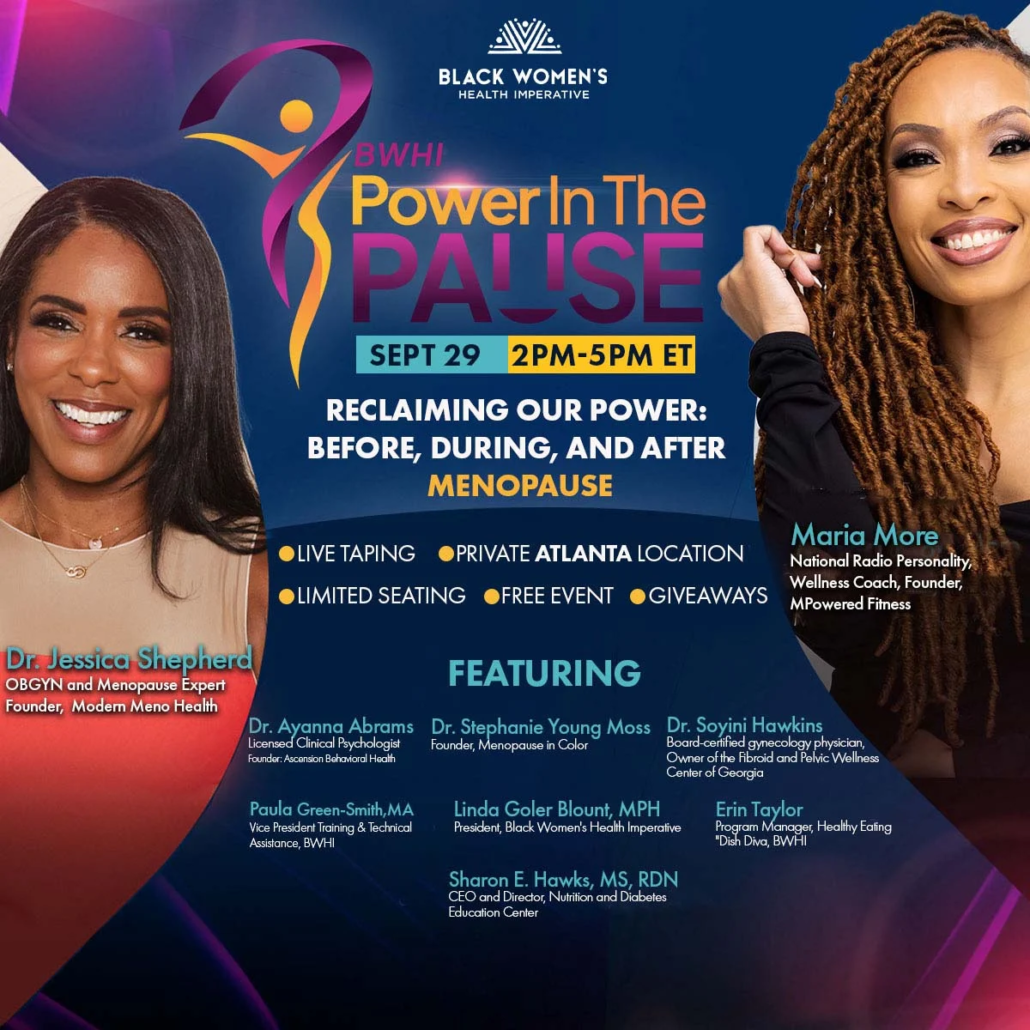
- Black Women’s Health Imperative Anniversary Week, 23-29 September 2024: We Are Not Broken: Our Health Is Our Power [24 September 2024]
- First Nations Resources [Australia]

- New Menopause Information for First Nations Communities [Australia] [10 July 2024]
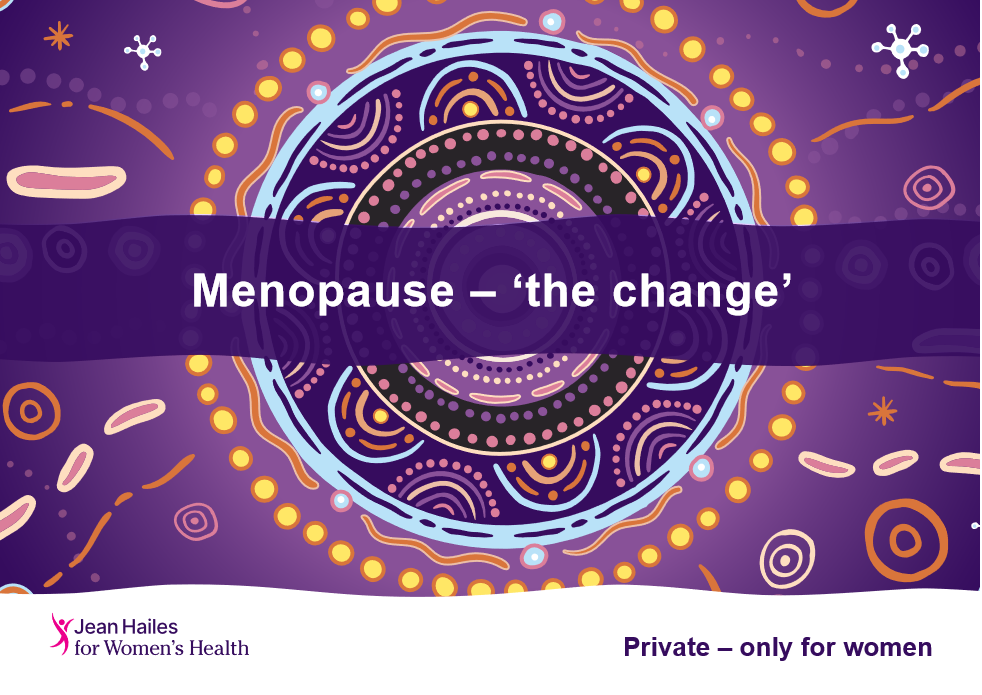
- 10 Embarrassing Questions You Should Ask Your Doctor
- 4 Ways To Reduce Cervical Cancer
- 6 Natural Ways To Lower Your Blood Pressure
- Amyloidosis
- “Be In the Know – Centering Endo” Endometriosis Equity Leadership Virtual Conversation [Video]
- Black History Month [February]
- Black Joy: Impacting the Mental Health of Black Communities
- Black Women Vote: National Health Policy Agenda 2020 – 2021
- Black Women for Wellness [United States]
- Black Women’s Health Imperative
- Black Women’s Health Imperative Anniversary Week, 23-29 September 2024

- Black Women’s Health Imperative Anniversary Week, 23-29 September 2024: Power In the Pause [29 September 2024]
- Black Women’s Health Imperative Anniversary Week, 23-29 September 2024: We Are Not Broken: Our Health Is Our Power [Video] [24 September 2024]
- Black Women’s Health Imperative Releases 2022 National Diabetes Agenda
- Black Women’s Health Study
- Black and Rare: Scleroderma In the African-American Community [+ Video]
- CYL2 Change Your Lifestyle. Change Your Life.
- Celebrate Sisterhood
- Celebrate Sisterhood: Healthy Sisterhood – Health Conditions Common In African-American Women
- Celebrate Sisterhood: Living Your Best Life With Fibroids & Endometriosis
- Consumer Video and Podcast Series: 2023 Consumer Videos and Podcasts – Premature and Early Menopause
- Consumer Video and Podcast Series: 2024 Consumer Videos and Podcasts – Preparing for Your Menopause Health Care Visit
- Correction: Disparities In Reproductive Aging and Midlife Health Between Black and White Women: The Study of Women’s Health Across the Nation (SWAN)
- Depression May Look Different In Black Women
- Disparities In Opioid Treatment Access Remain for Women, Black and Hispanic People
- Disparities In Reproductive Aging and Midlife Health Between Black and White Women: The Study of Women’s Health Across the Nation (SWAN)
- Elevating the Impacts of Autoimmune Disease and Black Women’s Health
- EmPOWERED To Serve
- FairWork [Black Women’s Health Imperative, United States]
- Female Genital Mutilation
- Fibroid Foundation [United States]
- Fibroids.bwhi.org
- First Nations Resources [Australia]

- Forward [Foundation of Women’s Health Research and Development, United Kingdom]
- Get Your Well-Woman Visit Every Year
- Good Heart Health In Middle Age May Preserve Brain Function Among Black Women As They Age
- Goredforwomen.org [Go Red for Women, United States]
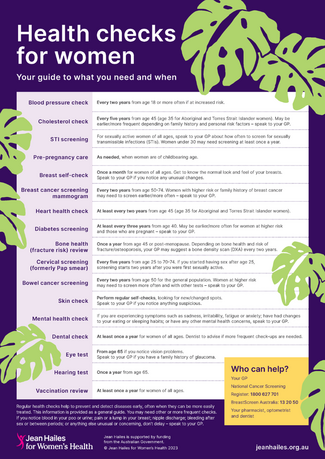 Health Checks for Women
Health Checks for Women- Health Checkup
- Health Disparities In Preventive Screenings for African Americans
- Health Screenings for Women Ages 40 To 64
- Health Screenings for Women Over Age 65
- Heart Disease In African American Women: The Health Disparities and How To Overcome Them [+ Video]
- Heart Disease In Black Women: The Big Issue You Might Not Know About
- How Black Women Can Take Control of Their Blood Pressure
- How To Start A Self-Care Routine
- International Day for People of African Descent [31 August]
- International Women’s Day – March 8, 2023
- KnowDiabetesbyHeart
- LGBTQIA+ Health
- Lupus.org [Lupus Foundation of America]
- May Is Osteoporosis Awareness Month
- May Is Pelvic Pain Awareness Month
- Mayo Clinic Minute: Diet and Heart Disease In the Black Community [+ Video Courtesy: Mayo Clinic News Network]
- Mayo Clinic Minute: Heart Disease In African American Women [+ Video Courtesy: Mayo Clinic News Network]
- Mayo Clinic Minute: Hypertension and Cardiovascular Disease In the Black Community [+ Video Courtesy: Mayo Clinic News Network]
- Mayo Clinic Minute: Preventing Cancer for Future Generations of Black Families [11 June 2024] [+ Video Courtesy: Mayo Clinic News Network]
- Mayo Clinic Minute: Sickle Cell Disease Explained [+ Video Courtesy: Mayo Clinic News Network]
- Mayo Clinic Minute: Why Black Americans Are At Higher Risk of Chronic Kidney Disease [+ Video Courtesy: Mayo Clinic News Network]
- Mayo Clinic Minute: Why Black Women Need To Be Screened for Cervical Cancer [+ Video Courtesy: Mayo Clinic News Network]
- Mayo Clinic Minute: Why Black Women Should Consider Screening for Breast Cancer Earlier [+ Video Courtesy: Mayo Clinic News Network]
- Mayo Clinic Q and A: African Americans and Heart Health
- National Center for Complementary and Integrative Health: Women’s Health and Complementary Approaches
- National Diabetes Prevention Program [United States]
- National Institute on Minority Health and Health Disparities [United States]
- National Women and Girls HIV/AIDS Awareness Day (NWGHAAD) 2024
- National Women and Girls HIV/AIDS Awareness Day – March 10
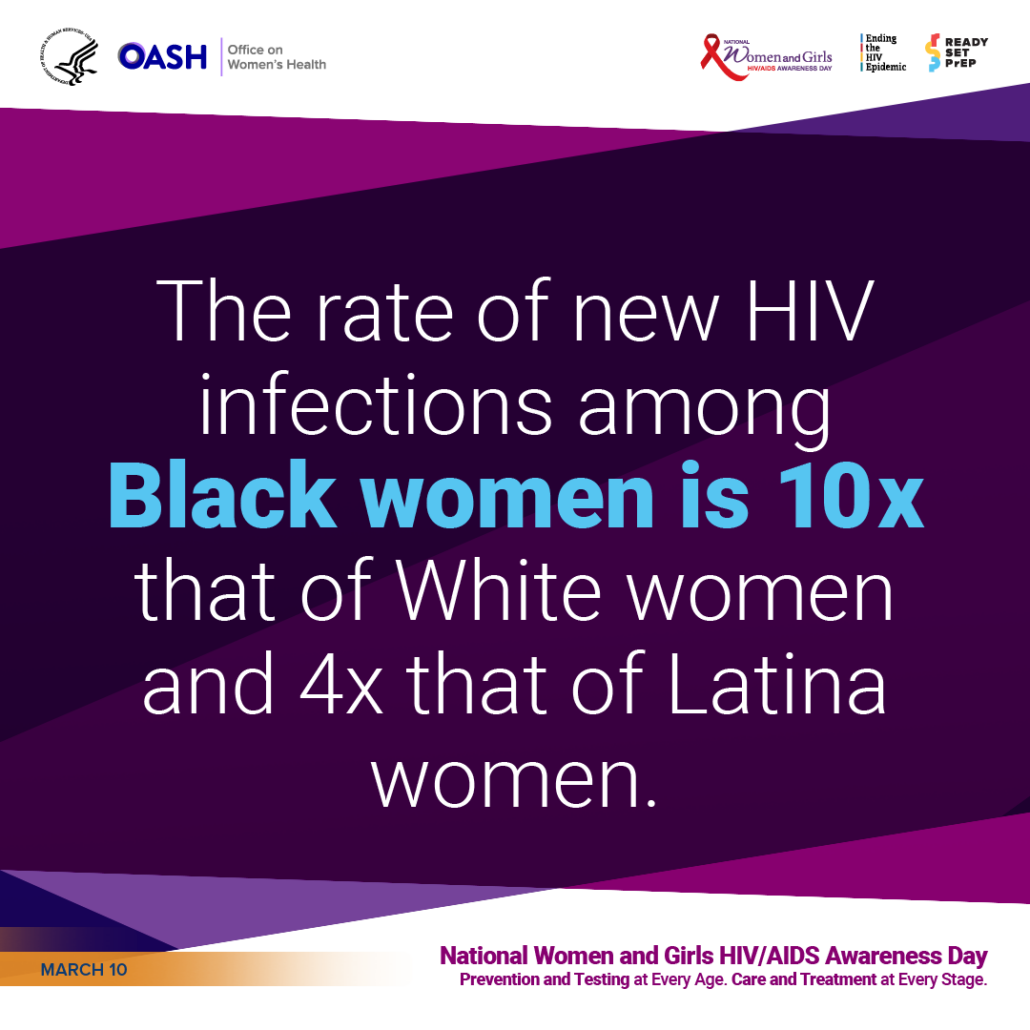
- National Women’s Health Week [12-18 May 2024, United States]: Day 6 – May 17: Reproductive Health From Puberty To Menopause and Beyond
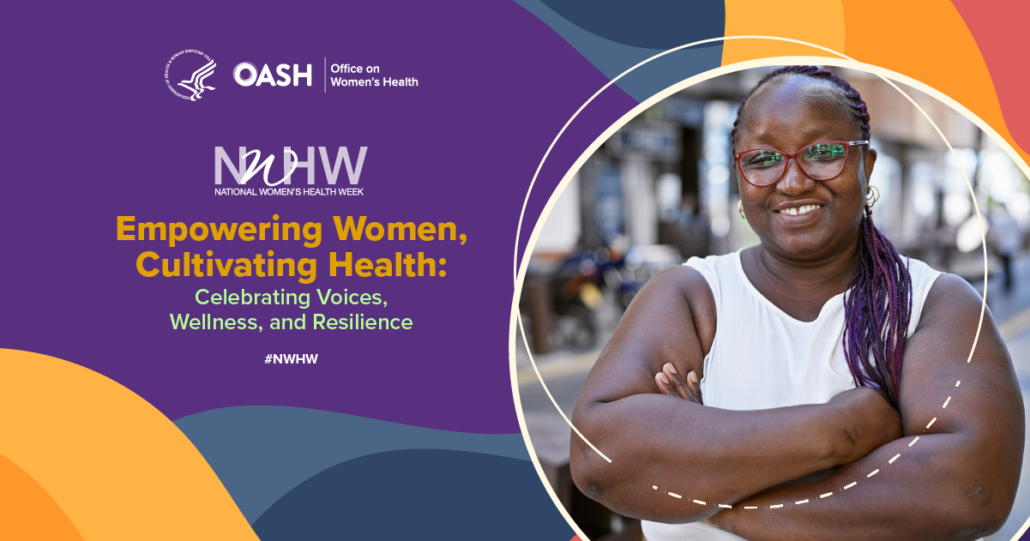
- Ncbw.org [National Coalition of Black Women, United States]
- New Menopause Information for First Nations Communities [Australia] [10 July 2024]

- New Report: Breast Cancer Now Leading Cause of Cancer Death In African American/Black Women
- Office of Minority Health [Department of Health and Human Services, United States]
- Office of Women’s Health [Womenshealth.gov, United States]
- On Our Own Terms (OOOT)
- P.O.W.E.R. of Sure [+ Video]
- Rarediseasediversity.org [RDDC Rare Disease Diversity Coalition]
- Release the Pressure
- Resources To Share: Videos – Under the Paper Gown Comedy Web Series
- Sickle Cell Anemia
- Sistersnetworkinc.org [Sisters Network Inc, United States]
- Sister’s with Superpowers Presented By BWHI: Centering Black Women and Their Sexual Health [Video]
- Skin Facts! What You Need To Know About Skin Lightening Products
- The Endometriosis Resource Portal for People of Color
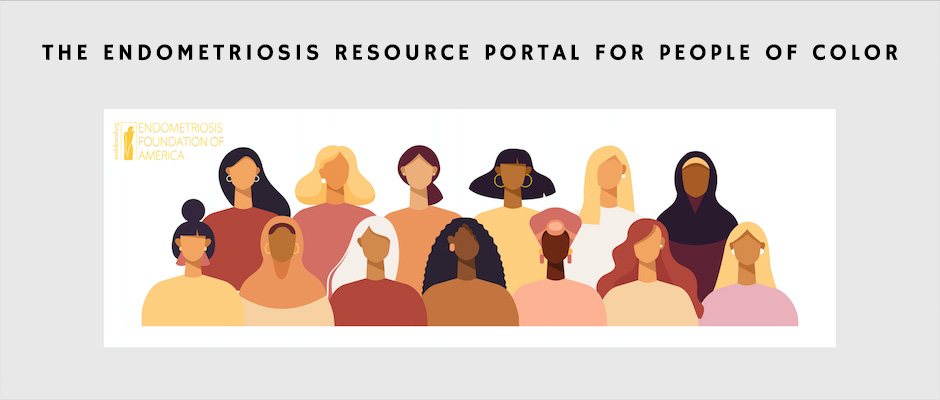
- The Rare Disease Diversity Coalition [United States]
- The Truth About African American Women and Heart Disease Fact Sheet
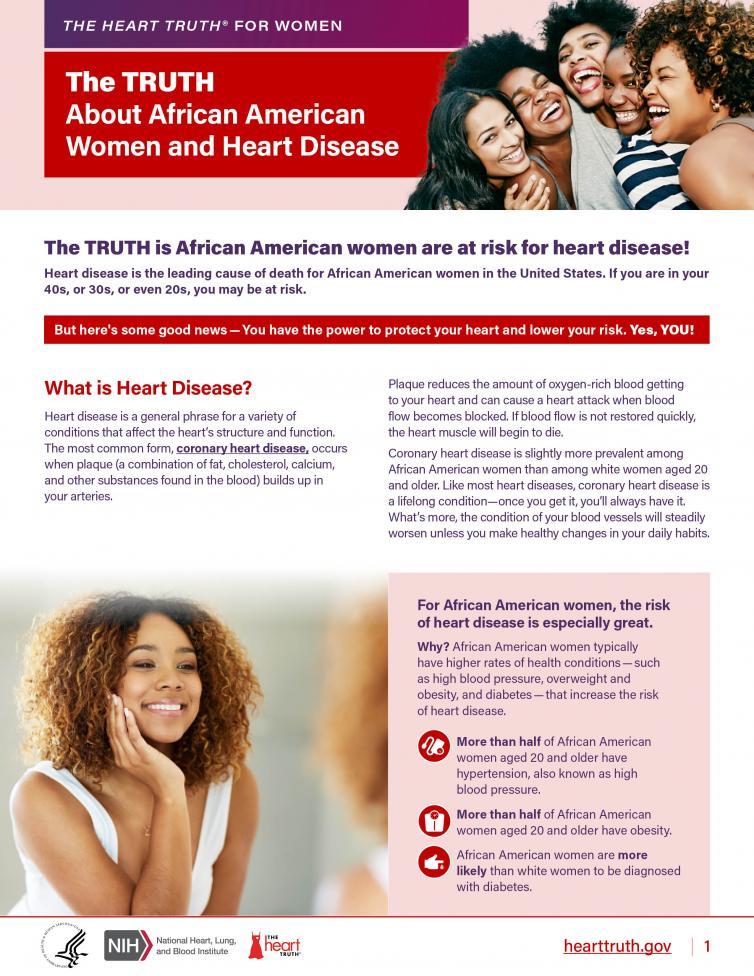
- To Make History, A Major Study on Black Heart Health Looked Beyond the Lab
- Top Health Checks for Women
- Understanding Lupus
- Understanding ‘Black Fatigue’ – and How To Overcome It
- Uterine Cancer Awareness: June Is Uterine Cancer Awareness Month
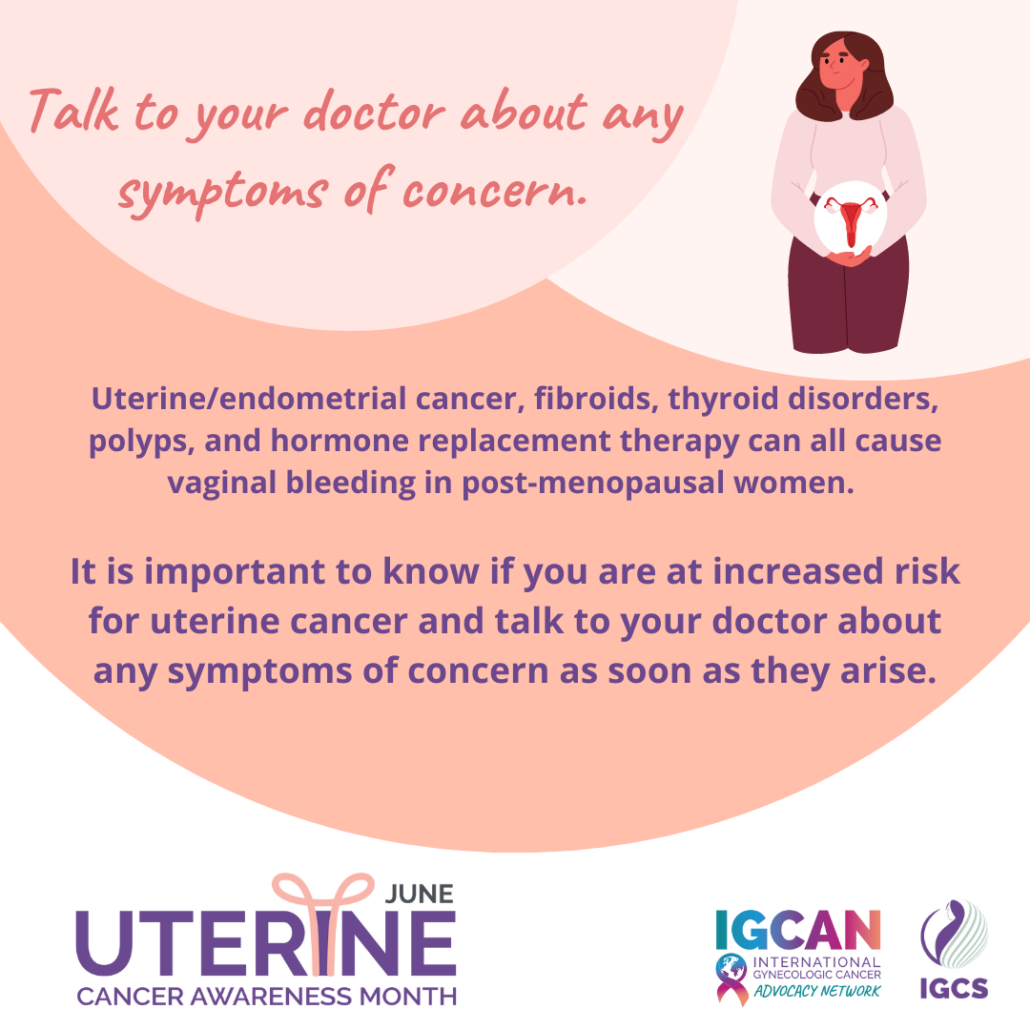
- Videos & Podcasts: Videos – Interviews: Vulvar Diseases, Overview for Aging Women
- Vitamins, Supplements, and Meds…Oh My!!
- Women 40-60
- Women Over 60
- Women’s Health
- Women’s Health
- Women’s Health Concern [Patient Arm of the British Menopause Society]
- Women’s Health Week [2-6 September, 2024, Australia]
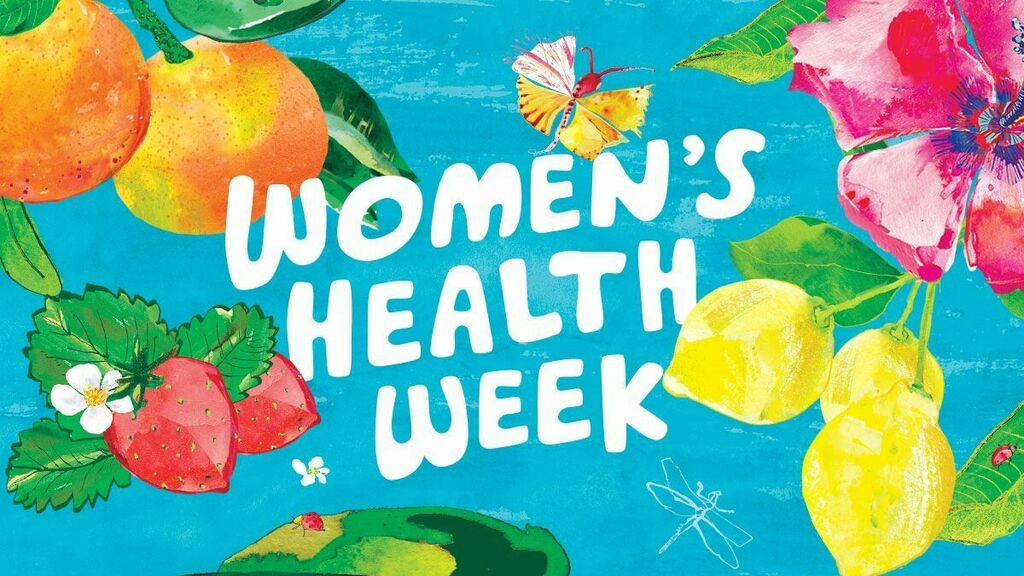
- World GO Day [World Gynecologic Oncology Day, 20 September 2024]
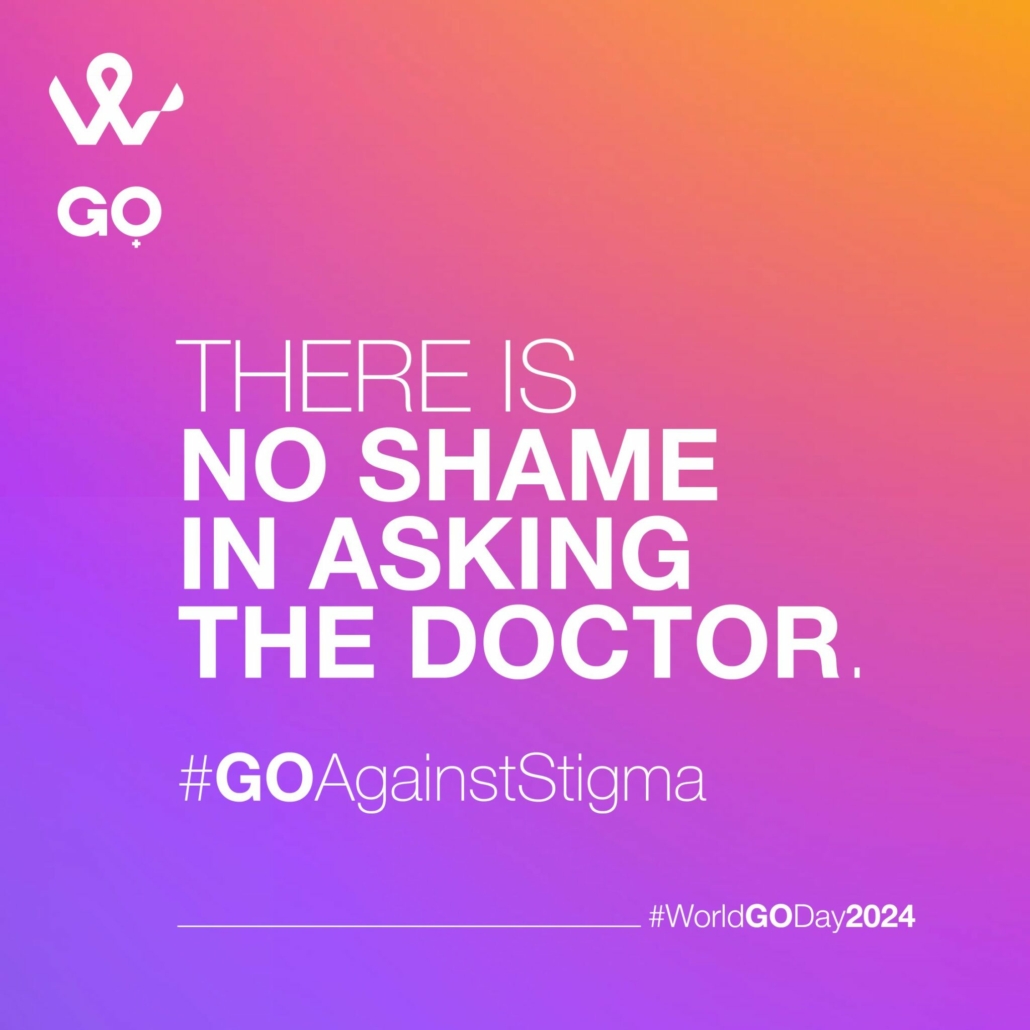
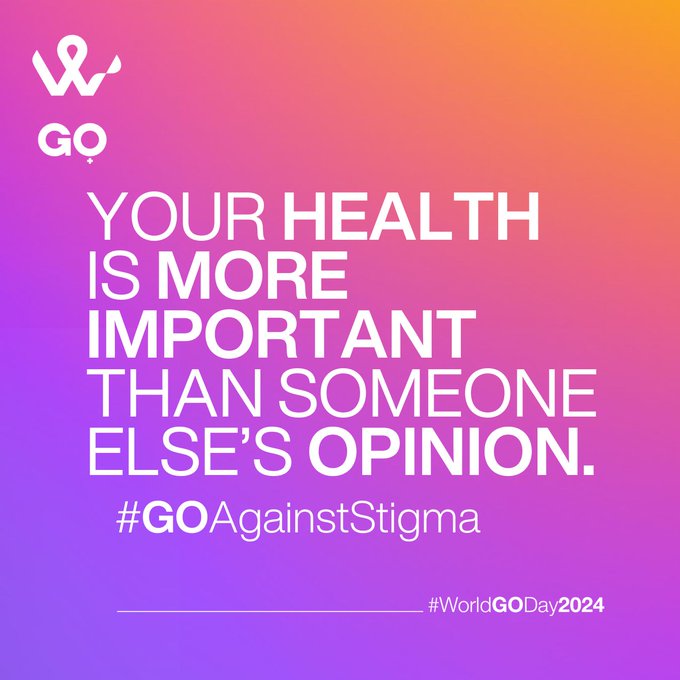
- World Ovarian Cancer Day [08 May 2024]
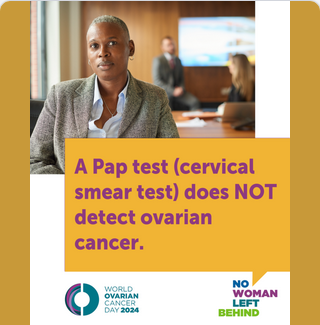
Sources
Where may I find the Sources quoted?
You may find the Sources quoted at:
Sources
- About the Black Women’s Health Study. Boston University Sloane Epidemiology Center https://www.bu.edu/bwhs/ Accessed: 22 September 2024
- About the Black Women’s Health Study. Boston University Sloane Epidemiology Center https://www.bu.edu/bwhs/ Accessed: 22 September 2024
- Black Women Vote: National Health Policy Agenda 2021 – 2021: G. Cardiovascular Health. 2020:29. Black Women’s Health Initiative https://bwhi.org/2020/10/27/black-womens-health-imperative-releases-national-health-policy-agenda/ Accessed: 22 September 2024
- AMA, National Coalition Announce Campaign With ESSENCE To Advocate for Heart Health With Black Women. 04 June 2020. American Heart Association https://newsroom.heart.org/news/ama-national-coalition-announce-campaign-with-essence-to-advocate-for-heart-health-with-black-women Accessed: 22 September 2024
- About the Issue. Release the Pressure https://releasethepressure.org/about-the-issue/ Accessed: 22 September 2024
- Black Women Vote: National Health Policy Agenda 2021 – 2021: E. Reproductive Health, Rights, and Justice – Menopause. 2020:25. Black Women’s Health Initiative https://bwhi.org/2020/10/27/black-womens-health-imperative-releases-national-health-policy-agenda/ Accessed: 22 September 2024
- Black Women’s Health Imperative Releases 2022 National Diabetes Agenda. 22 March 2022. Black Women’s Health Imperative https://bwhi.org/2022/03/22/black-womens-health-imperative-releases-2022-national-diabetes-agenda/ Accessed: 22 September 2024
- Black Women Vote: National Health Policy Agenda 2021 – 2021: E. Reproductive Health, Rights, and Justice – Uterine Fibroids. 2020:19. Black Women’s Health Initiative https://bwhi.org/2020/10/27/black-womens-health-imperative-releases-national-health-policy-agenda/ Accessed: 22 September 2024
- Velez, A. Menopause Is Different for Women of Color. 10 March 2021. https://www.endocrineweb.com/menopause-different-women-color Accessed: 22 September 2024
- Black Women Vote: National Health Policy Agenda 2021 – 2021: E. Reproductive Health, Rights, and Justice – Menopause. 2020:22. Black Women’s Health Initiative https://bwhi.org/2020/10/27/black-womens-health-imperative-releases-national-health-policy-agenda/ Accessed: 22 September 2024
- Health Screenings for Women Ages 40 To 64: Information. Review Date: 21 May 2024. MedlinePlus https://www.nlm.nih.gov/medlineplus/ency/article/007467.htm Accessed: 22 September 2024



